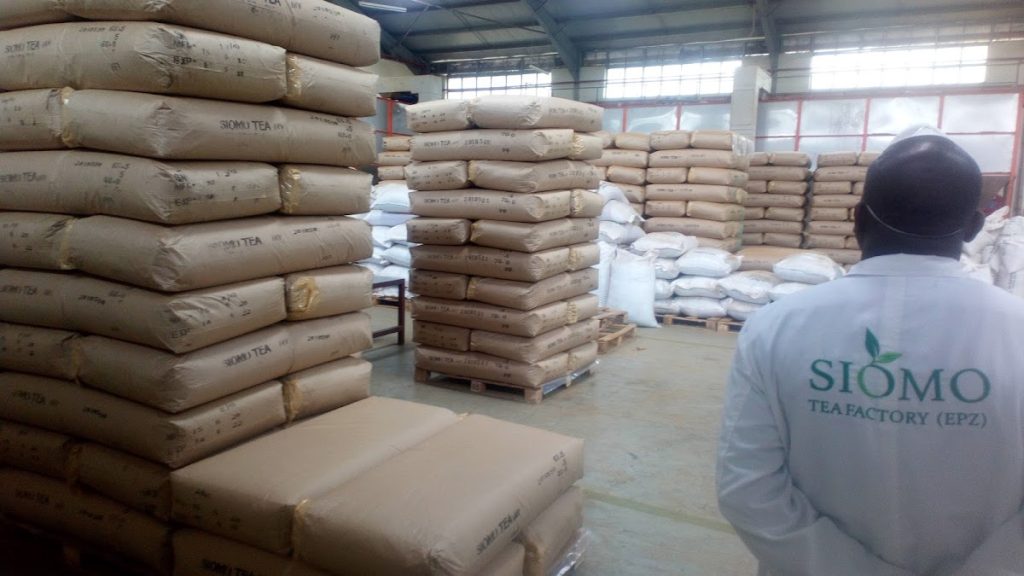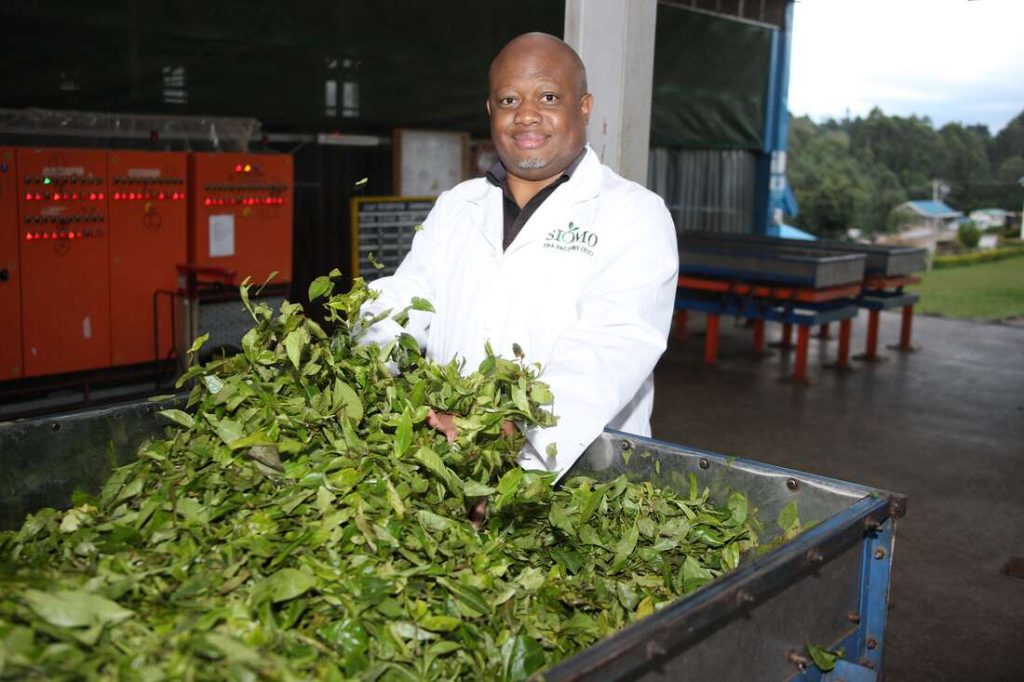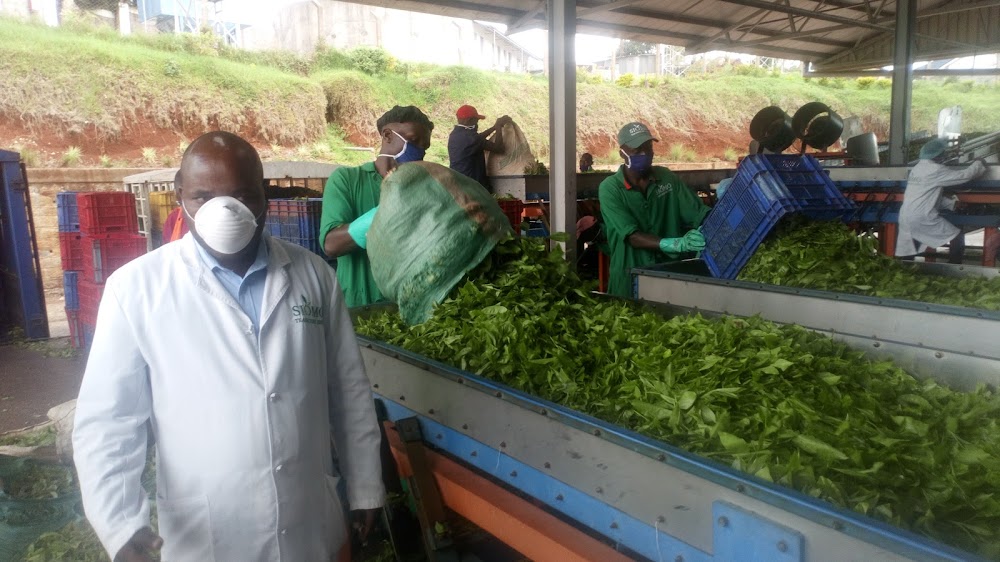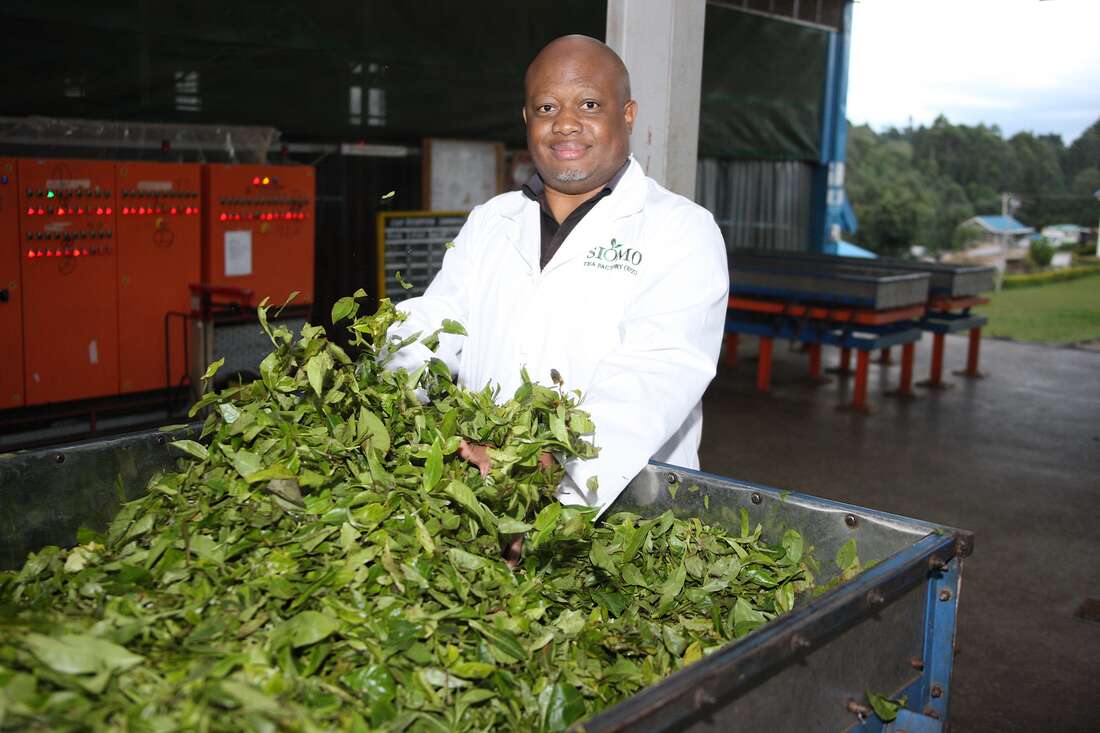Almost five years ago after retiring from the military, John Koech sold his posh home in Lavington, Nairobi for Sh400 million and set up Siomo Tea Factory in Bomet County.
General Koech, now deceased, wanted to start an income-generating venture. The money raised from the sale of the property was almost enough to put up a three-line production plant.
Siomo factory is a family enterprise with their matriarch being the chairperson and the three siblings as directors.

Robert Koech, the managing director says his father sold the Nairobi house as the family rarely stayed there.
Today, the project that started operations four years ago, is not only benefiting Koech’s family but also the community around.
The factory is one of the 20 independent factories in the country, as most of them are either owned by the Kenya Tea Development Agency (KTDA) or multinationals.
Robert says the factory is the source of income for 10,000 farmers who are supplying them with green leaf daily.
“We do not have our own plantation and rely on out-growers for our daily supplies. This has helped in ensuring that the community benefits from this enterprise,” he says.

Transporters also have benefited from the business as 16 out of 20 trucks ferrying the produce from the farms to the factory are owned by individuals.
Robert notes that the success of the factory is driven by adherence to quality, which matches the best international practices.
The factory has been gazetted as an Export Promotion Zone (EPZ) implying that all the teas that are processed there are meant for export.
The MD said they have made an application to the government to have them licensed to sell at least 20 percent of their teas to the local market.
“It is a request from our farmers who ask how come they give us tea and we are not selling them the finished product,” says Robert.

So far the factory is using two lines in production of the black CTC tea. Plans are underway to install a specialty line for processing orthodox teas, which fetch more than the usual black variety.
The factory is fully automated, from the dispatch area to the packaging.
Robert says Siomo Tea Factory’s vision is to produce the best black tea for export.
“High quality and productive tea requires the latest modern machinery combined with modern agricultural practices to produce cost-effective, efficient and efficacious production operations,” he says, adding that they hired vastly experienced staff “to bring in the needed knowledge and expertise”.
And to professionalise the family-owned business, the board members comprise people outside the family with wide experience in management and who bring unique quality skill sets to drive the strategy of the company.
He says the challenge they face is ensuring that farmers pluck two leaves and a bud, which is mandatory in the production of good tea.
Normally when plucking tea, it is a requirement that only two leaves and a bud are peaked in order to come up with the best cup of beverage. However, farmers at times pluck more than two leaves, compromising the quality of the beverage.
James Marete, a technical officer with the Tea Board of Kenya (TBK) said private factories such as Siomo have played a significant role in addressing the plight of farmers who previously would throw away their produce for lack of market.
“Siomo has played a big role here. Liberalisation of tea factories in the country has resulted in the emergence of private factories that have helped in absorbing the excess tea in the market,” says Mr Marete.



















